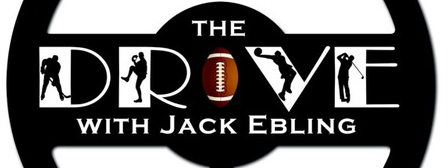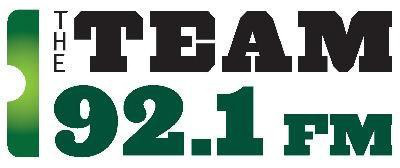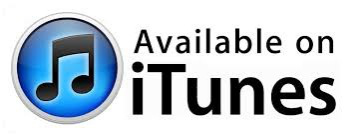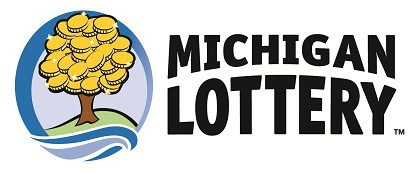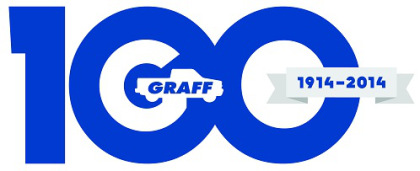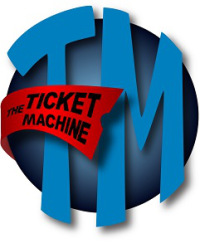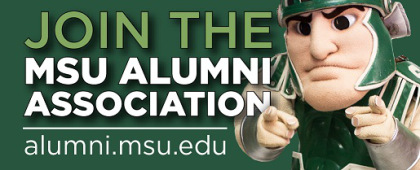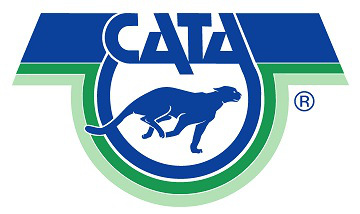-
-
Were MSU Football Fans Happier As The Underdog?
Graham Couch, Dan Kilbridge, Terry Denbow, Doug Warren and Dr. John A. Braccio were joined by a number of callers in a lengthy discussion about whether or not Michigan [Read More] -
Spartan, Wolverine fans – please stay in your corners for now
I just wish this “compare/contrast” banter between Michigan-MSU fans would simmer until the week of Oct. 12 (leading up to the Oct. 17th collision in Ann Arbor). I can [Read More] -
Should sports gambling be legalized? A conversation with William Hill U.S. CEO, Joe Asher
Graham Couch and Terry Denbow talk about the growth of sports gambling - and the push to legalize it across the United States - with William Hill U.S. CEO, Joe [Read More] -
Drew Sharp says the Detroit Lions stink
Jack, Joe Rexrode and Doug Warren talk with Detroit Free Press columnist, Drew Sharp, about how the Detroit Lions in 2015 are just are not as good as [Read More]
Click below for the latest from Team Drive!
-
Headlines
YouTube Rewind: #8 MSU 42, #5 Baylor 41
-
Couch
Were MSU Football Fans Happier As The Underdog?
-
Blue Belly Blog
Spartan, Wolverine fans – please stay in your corners for now
-
Couch
Should sports gambling be legalized? A conversation with William Hill U.S. CEO, Joe Asher
-
Headlines
Drew Sharp says the Detroit Lions stink
-
Couch
Audio Rewind: Tom Dienhart talks Big Ten football
-
Couch
Dane Fife talks MSU hoops and Italy workcations
-
 Headlines
HeadlinesKevin Kuglar talks Big Ten and NFL Football
-
 Crawford
CrawfordPress Pass All-Stars: MSU and Michigan win; the Detroit Lions lose and Spartan hoops continues to recruit
-
Headlines
Monday Night Live: Talking NFL and Roller Derby with the Mitten Mavens
Big Ten
- Baltimore Sun
- Big Ten Network
- Bloomington (IL) Pantagraph
- Bloomington (IN) Herald-Times
- Centre Daily Times (State-College, PA)
- Chicago Sun-Times
- Chicago Tribune
- Cleveland Plain-Dealer
- Detroit Free Press
- Detroit News
- Green Bay Press-Gazette
- Indianapolis Star
- Iowa City Press-Citizen
- Lafayette (IN) Journal and Courier
- Lansing State Journal
- Lincoln (NE) Journal-Star
- Milwaukee Journal-Sentinel
- Minneapolis Star-Tribune
- MLive
- Newark Star-Ledger
- NJ.com
- Omaha Times_Herald
- Pittsburgh Post-Gazette
- South Bend Tribune
- Toledo Blade
- Washington Post
- Windsor Star
- Wisconsin State Journal
